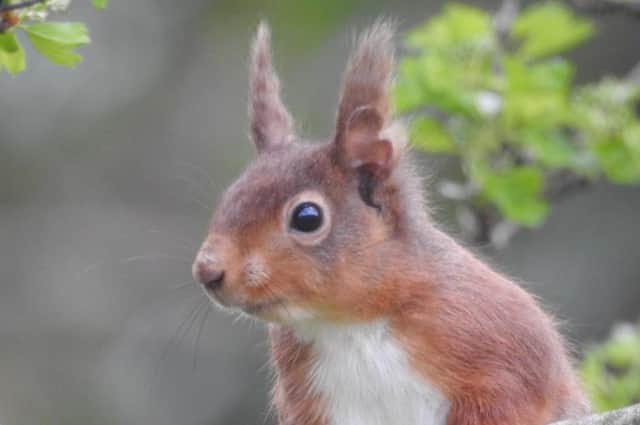Red squirrels could be harmed by strategies


The research shows that native predators in native woodland, and not conifer plantations, are the key ingredients for red squirrel survival.
This contradicts existing conservation strategies that promote non-native conifer planting and instead highlights the value native predators can deliver.
Advertisement
Hide AdAdvertisement
Hide AdDr Joshua P Twining, lead author from Queen’s University, explained: “Restoration of native predators is a critical conservation tool to combat the ongoing biodiversity crisis, but this must be in conjunction with maintenance and protection of natural, structurally complex habitats.
“This has global implications given the ongoing recovery of predators.
“It also shows that the current national conservation strategies that favor non-native conifer plantations are likely to have the opposite impact to what is intended.
“Timber plantations are often promoted as being beneficial to red squirrel conservation, but our results show that they will have a detrimental effect on the species in the future.”
Advertisement
Hide AdAdvertisement
Hide AdHe added: “This work shows that we need to develop an alternative national conservation strategy for the red squirrel, focused on planting native woodlands alongside continued pine marten recovery.”
The new research has shown that the presence of pine marten increases red squirrel occurrence, especially in native broadleaf woodlands.
UK and Ireland has low forest cover and over 75% is made up of non-native timber plantations.
Dr Chris Sutherland, from the University of St Andrews, added: “This research demonstrates the enormous value of large-scale data collected through public participation. Combining this data with state-of-the-art analytical techniques has generated important conservation insights that have been overlooked.”